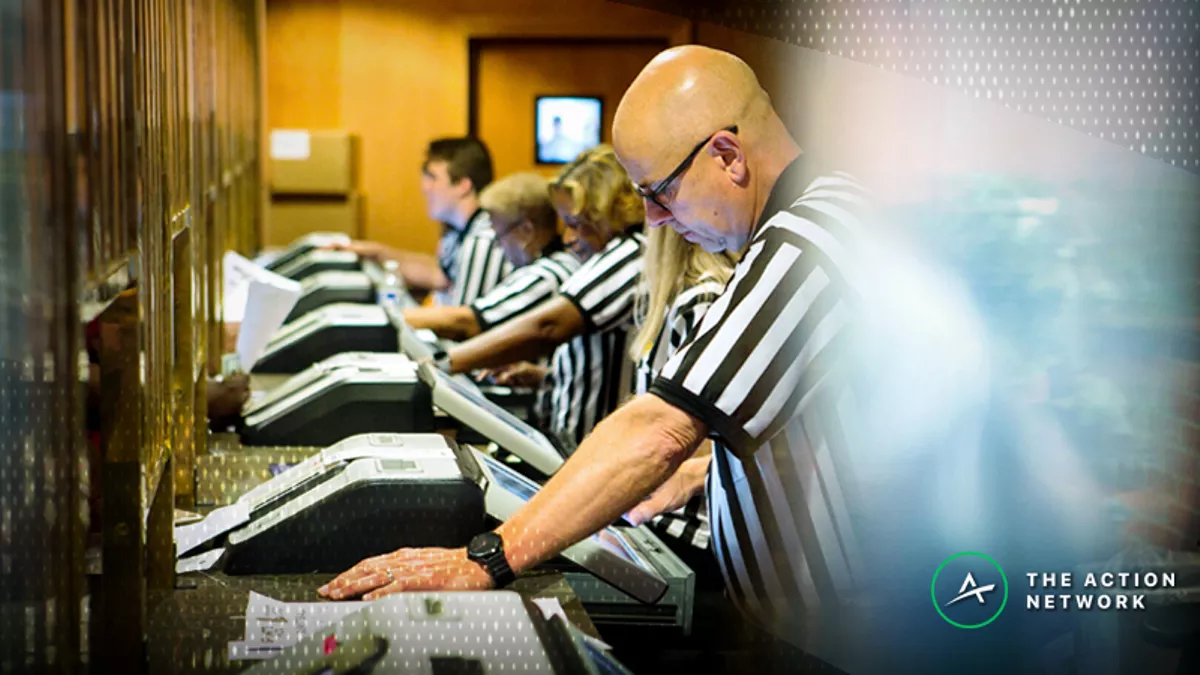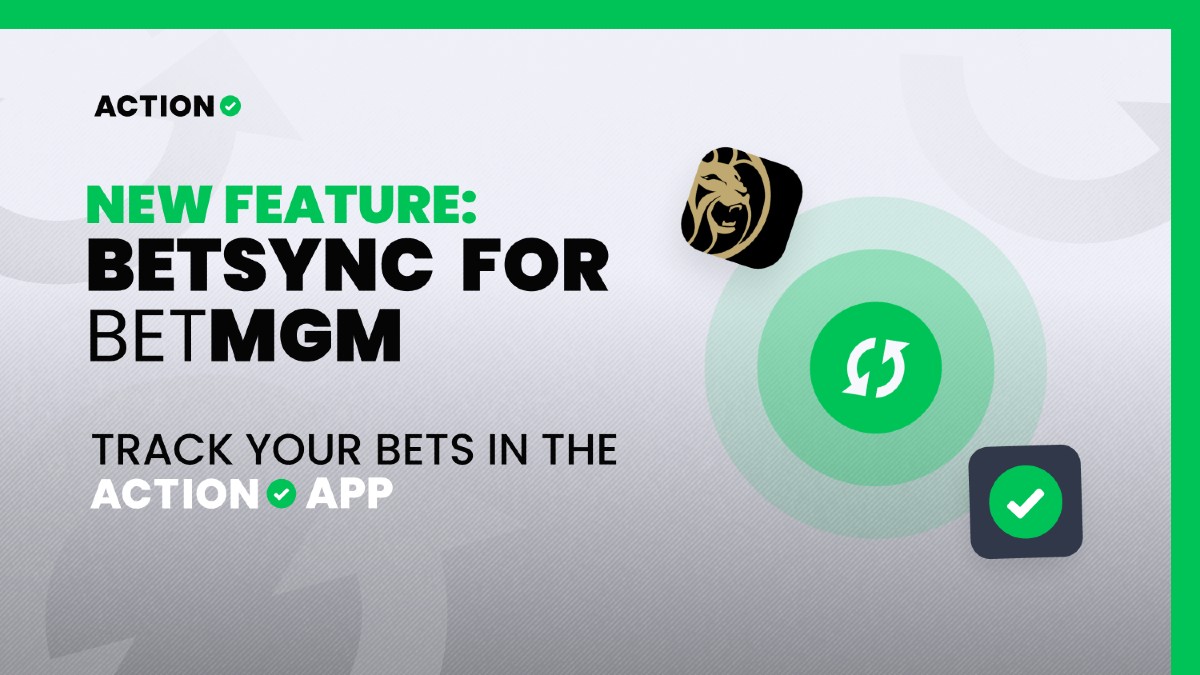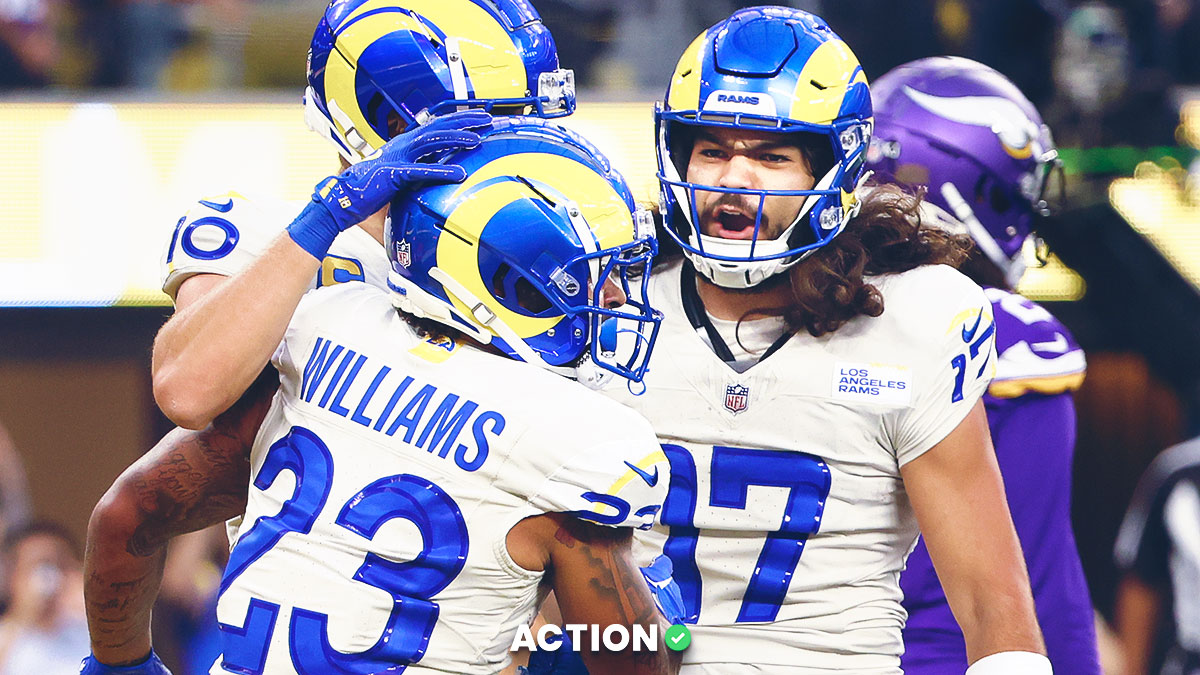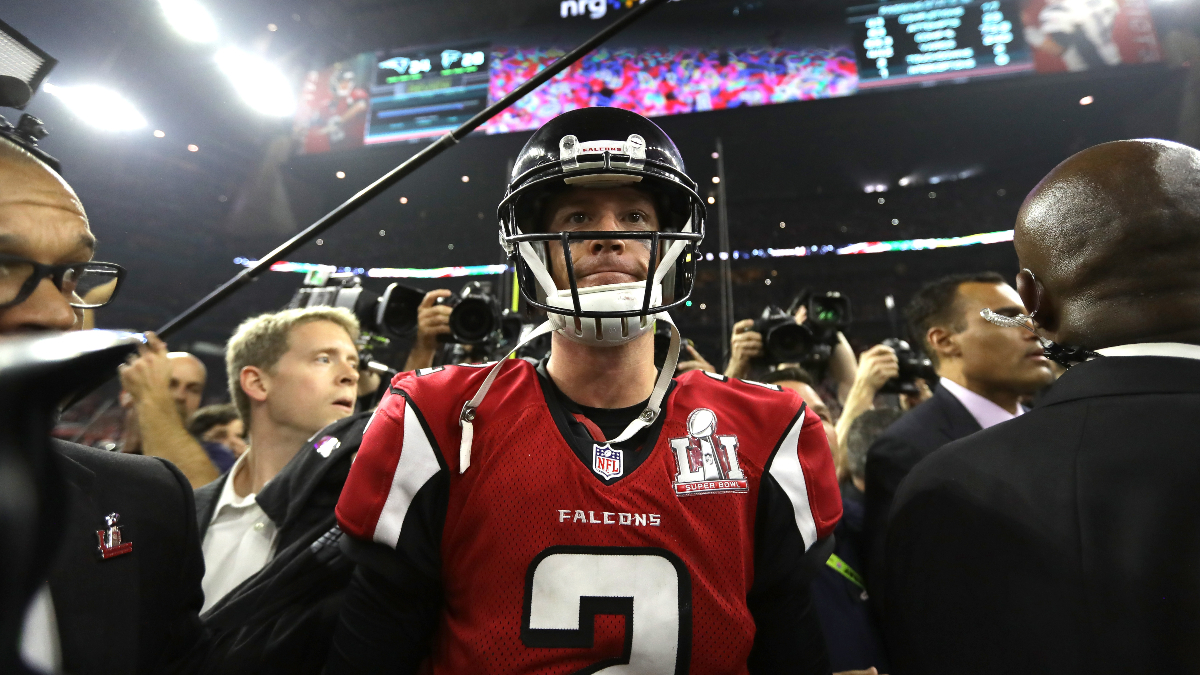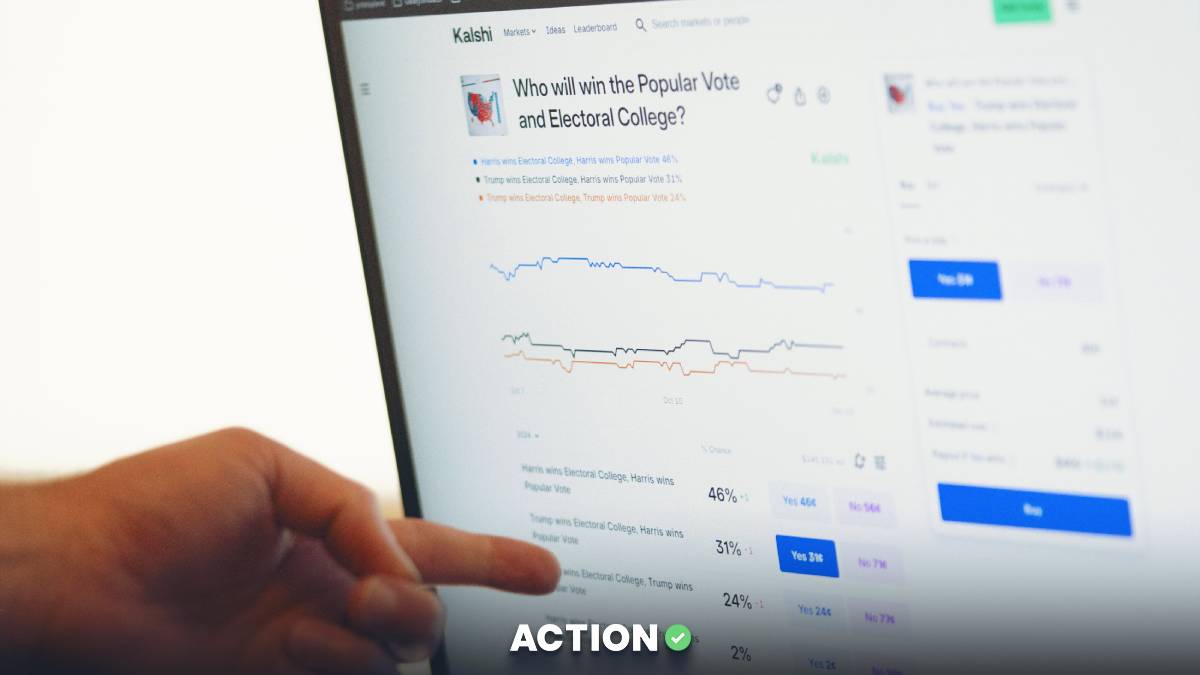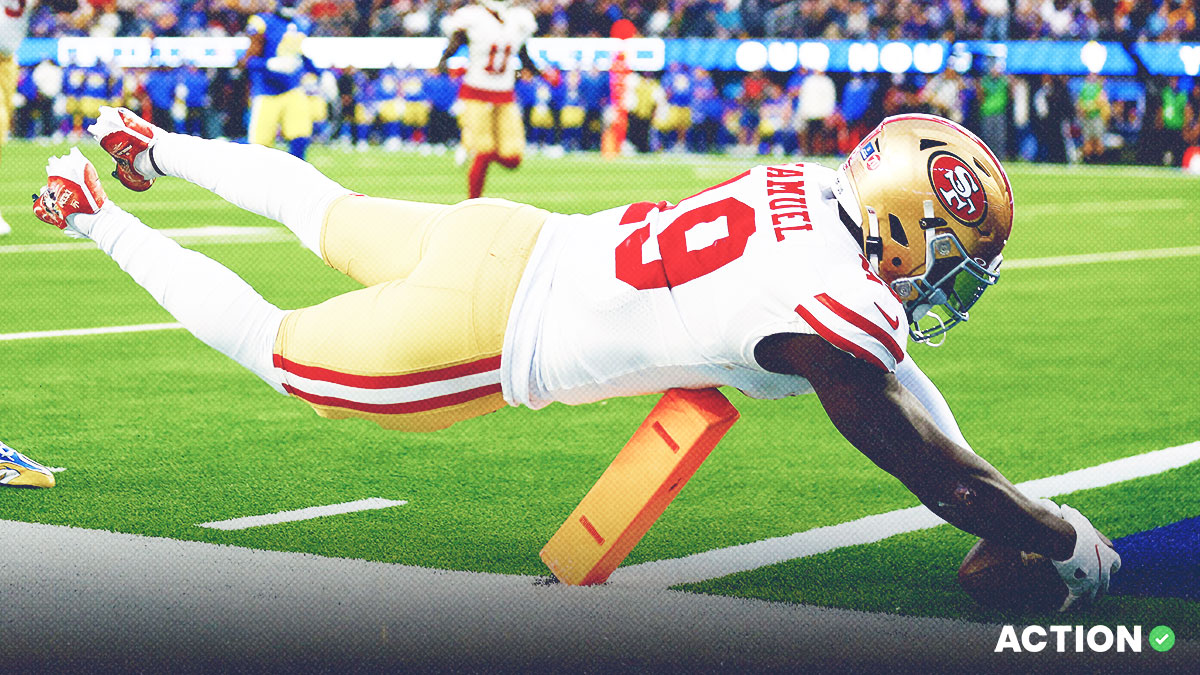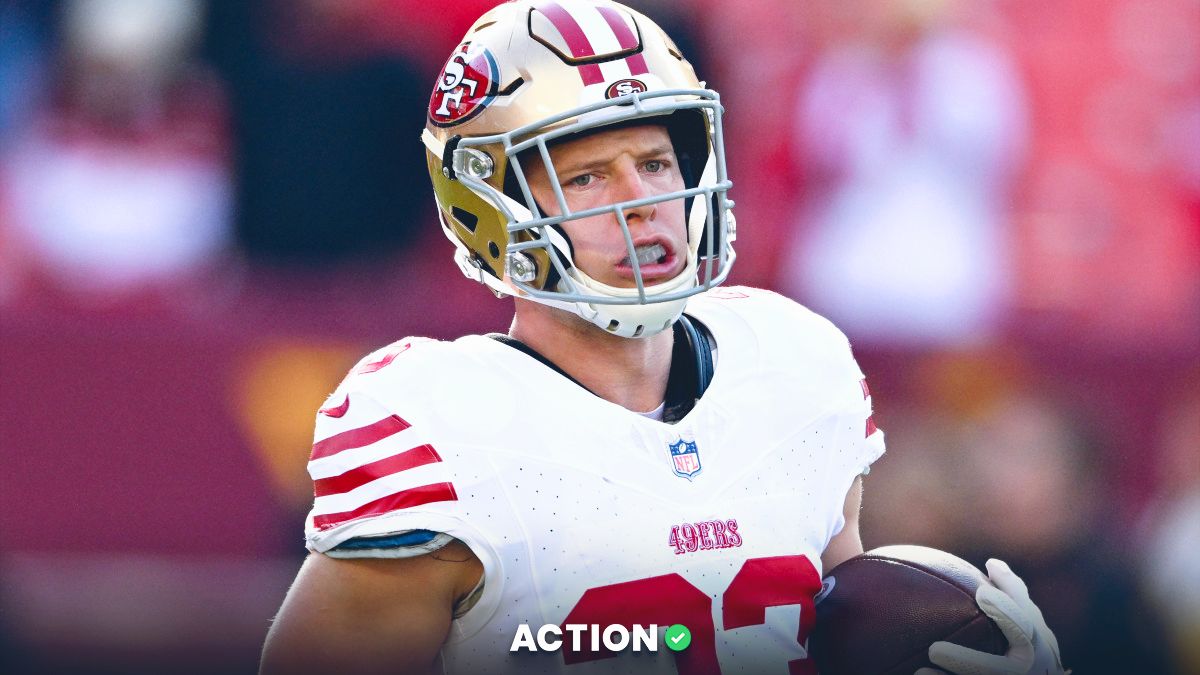A betting exchange is a marketplace that allows bettors to wager against each other at lower fees than those offered by a traditional sportsbook.
In an exchange model, two customers agree on the odds and stake for a given game, and bet against one another.
I may offer a $50 bet on Packers -3 against the Cowboys, and another user on the a betting exchange platform can accept my offer and bet Cowboys +3.
Betting exchanges have low overhead because they don't need expansive oddsmaking teams, so they charge a small fee on each bet — much less than the 5-10% a traditional sportsbook takes.
You won't be betting NFL point spreads at -110 at an exchange; you can effectively get them closer to -101 or even money.
Some betting websites exchanges also promise a more user-friendly experience by using simple percentages and not American odds.
And exchanges excite high-stakes, professional bettors because they won't be limited. The exchange doesn't care how good a bettor is — it makes money by taking a cut of transactions, not beating its customers.
Why Were There No Betting Exchanges in the United States?
Prophet and Sporttrade launched in New Jersey at the start of the 2022 NFL season and had hoped to quickly expand to other states next year. It's a very differentiated product from DraftKings or FanDuel, and they hope the lower vig will bring in customers without as much traditional marketing.
Prophet vs. Sporttrade: Which NJ Betting Exchange Should You Use? Read now
Note: Prophet Exchange is no longer operating in NJ. The company says that it will return to the state sometime soon as ProphetX, a "National Sports Exchange." Sporttrade continues to operate in NJ. This page will be updated when/if Prophet Exchange returns to the state.
But the barrier to entry for exchange betting in the U.S. has always been liquidity. Exchange operators are limited to running separate exchanges in each individual state, thanks to the Federal Wire Act of 1961, which does not allow the transmission of gambling info across state lines.
Anyone wagering on a New Jersey betting exchange can only bet against other people in New Jersey, and that's an issue because the pool of users and money is too small. Even if an exchange operates in New Jersey andPennsylvania, those customers could not bet against each other.
That means there wouldn't be enough money in the pot to make an exchange work — or that's the perceived challenge. New betting exchange sites will likely have to use their own cash to pump liquidity into the markets so users' bets will get matched.
Mark Miscavage, an executive at London-based betting exchange Smarkets, told Casino.org that the Wire Act is the biggest hurdle to creating an exchange in the U.S. because it limits the size and liquidity of the betting pools.
"The biggest hurdle for us would be able to pool liquidity, in this case, between all the states," he said. "I don’t know that there is one state that’s quite big enough to provide the liquidity and volume needed to run an effective exchange just for one state."
The Elephant in the Room
The elephant in the room is that several U.S. sports betting exchanges already exist (and operate in most states), but they operate in a very grey legal area.
They say because they're not sportsbooks, they can operate in almost every state.
- Bro Throw: An app that connects bettors and makes them pay each other through a third-party service like Venmo.
- Bet Openly: Big on TikTok, Bet Openly is a peer-to-peer exchange that says it's operating as Uber did in its early days when taxi companies tried to shut it out.
- Bettor Edge: Another peer-to-peer exchange that operates in 45 states.
Will the Exchanges Work?
Prophet and Sporttrade were two of the first to really try, and we've learned a lot about the viability as they entered New Jersey.
It seems likely that exchanges will become popular among more hardcore, price-sensitive bettors for liquid markets like NFL point spreads, while traditional books will win by dominating props, futures and liquid markets among bettors who don't care about price.
Live betting is also available at betting exchanges. Live betting is wagering on a event while the action is currently ongoing.
Additionally, there's the opportunity for political betting. Betting exchange sites allow for betting on live odds election results and overall US politics odds.
That said, both Prophet and Sporttrade have not had a great deal of success thus far. They have a base of customers, but their overall sportsbook market share is still minuscule in New Jersey.
Smarkets is entering the U.S. market with a traditional sports betting product. The parent company of Betfair—the largest exchange in the world—owns both Smarkets and FanDuel. It is currently available in Colorado but has paused further expansion plans.
For betting exchanges, there are two massive hurdles: The Wire Act, and existing casino lobbies who don't want to see it happen because they'll lose customers for their traditional sportsbooks.
The creation of a sustainable, multi-state betting exchange would likely require getting past the casino lobbies to overturn The Wire Act, which seems unlikely in the near term.
Pros of Betting Exchanges
- Lower fees. Because you're betting peer-to-peer, there are no sportsbooks to take their large cuts. You'll be paying a few cents per dollar as the winning bettor instead of 10 cents. Exchanges are very customer-friendly.
- Everything is a two-way market. Traditional sportsbooks will often offer only one side of a bet. When you want to bet on the Chiefs to win the Super Bowl at +700 at an exchange, there has to be someone on the other side to take -700. That gives you the option to take "yes" or "no" of pretty much every bet type.
- You can't be banned or limited(at least not by the operator). If you're a professional bettor who has been limited at every traditional sportsbook, you might have more luck at an exchange. You just need to find someone to take the other side of your action. The operator itself won't limit you, because it isn't affected by your success. Safeguards for manipulation are another worry for betting exchanges.
Cons of Betting Exchanges
- You won't always get your bets matched on smaller sports. On a popular, liquid betting exchange, you can always find someone to take the other side of a $100 NFL point spread bet. But if you're trying to bet obscure sports or bet types, your bet may not always get matched.
- Lack of bonuses. Betting exchanges don't offer the same promotions that traditional sportsbooks do.




